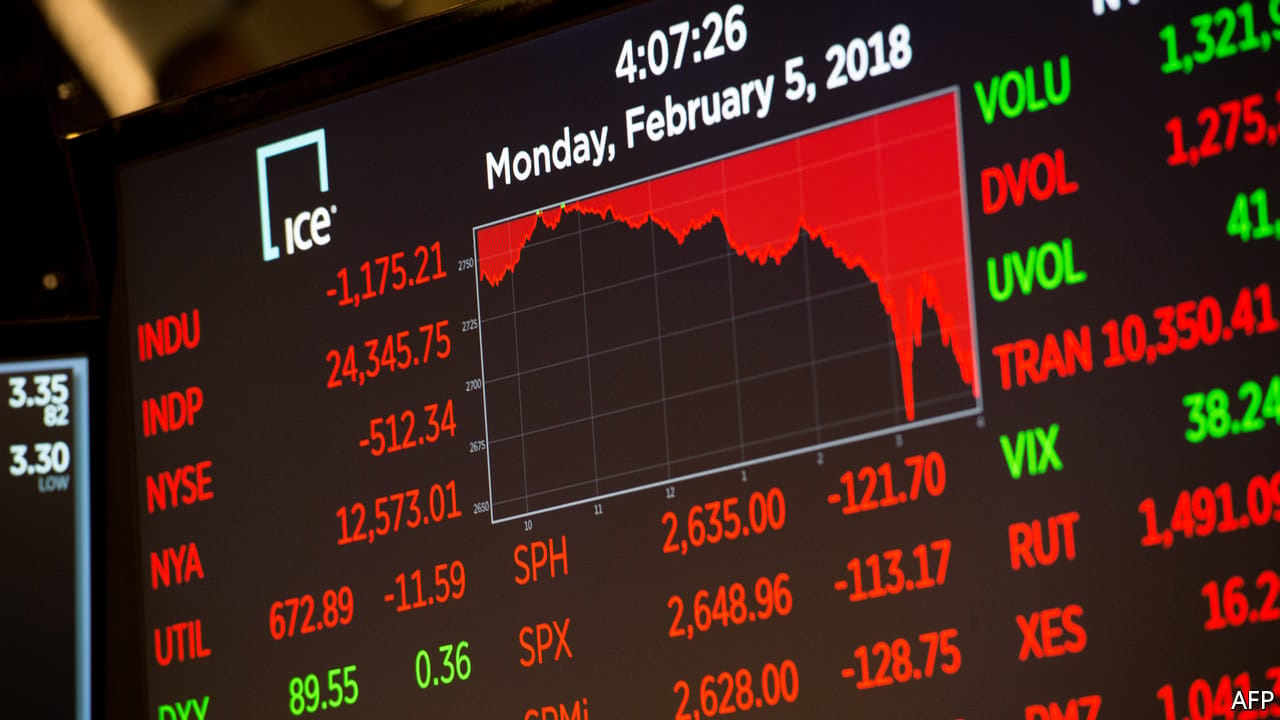Republicans grouse about tax models they once supported
When the experts say tax reform will not pay for itself, the party ignores the experts

By B.G. | WASHINGTON
THEY have been at this a long time. In 1994 Republicans, newly in charge of Congress, held hearings on what would come to be called “dynamic scoring”. Bills, they said, should be evaluated using the predictive power of macroeconomic models. If the model predicts more GDP growth, then it could be inferred that the growth would produce more tax revenue. During the hearings, however, came an awkward moment. Alan Greenspan, then in charge of the Federal Reserve, told Congress that macroeconomic models were “deficient”. That is, their predictive power, though interesting, was not good enough to rely on. Last year, after the election of Donald Trump, your blogger contacted Mr Greenspan to see whether the models were good enough yet. Mr Greenspan, his office responded, had not yet changed his opinion.
More from Free exchange

Religious competition was to blame for Europe’s witch hunts
Many children are still persecuted as alleged witches in Africa for similar reasons

Has BRICS lived up to expectations?
The bloc of big emerging economies is surprisingly good at keeping its promises

How to interpret a market plunge
Whether a sudden sharp decline in asset prices amounts to a meaningless blip or something more depends on mass psychology
Why scan-reading artificial intelligence is bad news for radiologists
Good news for patients is bad news for medical professionals
Richard Thaler’s work demonstrates why economics is hard
It is difficult to model the behaviour of creatures as irrepressibly social as humans
The Nobel in economics rewards a pioneer of “nudges”
Richard Thaler becomes one of very few behavioural economists to receive the discipline’s highest honour